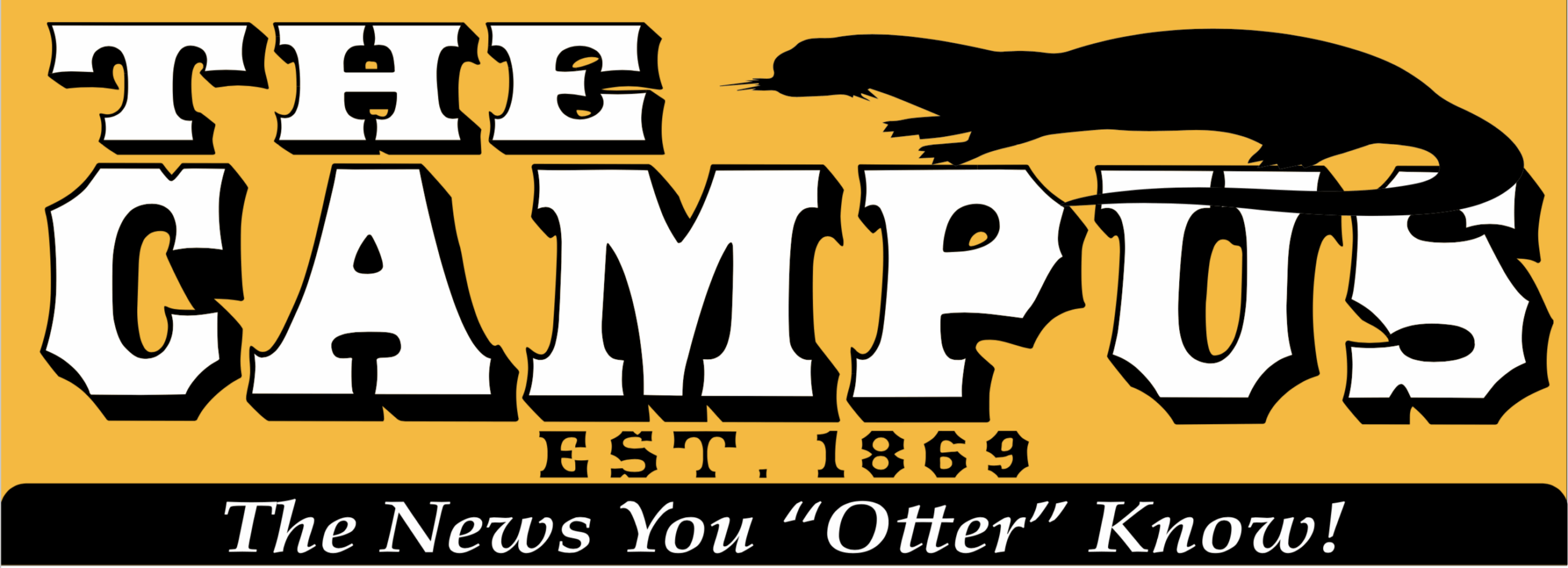Internet searching is a method to gain information frequently used by college students.
Google has been around for over a decade and Bing, as a newcomer, faces a hefty challenge even if it is built on superior technology or offers features that will make searching easier for some people.
Bing has been advertised as a “decision engine.” Microsoft seems to be claiming that it has made great leaps forward in the way that search engines work and deliver results.
Clever advertisements notwithstanding, it seems that Bing’s entry into the search engine market has not made much of an impact on Ottawa University students. When asked, many students said that they were not familiar with Bing or had heard of it but not used it.
Some students said they tried it and did not like it or found that it did not suit their needs.
Matthew Merrill, a freshman business administration major, said that he tried Bing and found it lacking, and still prefers to use Google or Yahoo.
“What was appealing was how it was advertised,” he said. Bing didn’t live up to the claims made in Microsoft’s commercials. Merrill said that it was not much different from Google and did not return better search results. It did not live up to the “decision engine” claims.
Also, Merrill said that there were “more advertisements on it that were irrelevant to my search.”
Matthew Walton, a senior recreation major, expressed similar opinions, saying “It’s just the same as Google.” Walton said that the difference is merely cosmetic. While there may be minor variations in the results Bing gives compared to Google, it doesn’t actually do anything more than Google ; the differences are superficial. Walton also said that Bing did not work any faster than Google.
Professionals in the University’s IT department expressed similar opinions from a more technical perspective. Kent Corser, an IT manager on campus, said that he does not dislike bing. However, it cannot compare to an established search engine. Google returns better results than Bing, partially because Google has simply been around longer.
“Google is just so much better. It’s just a convenience,” Corser said. While Microsoft is going in the right direction with Bing, it’s not up to the level of Google and has a long way to go before Bing truly can compete.
Brandon Riffel, a system administrator on campus, talked about another advantage Google has over Bing: Gmail. Ottawa University’s student and faculty e-mail is provided by Gmail, which is a service provided by Google. Microsoft uses Hotmail, which is a somewhat dated service according to Riffel. “If you’re going to get a new e-mail account, it’s going to be a Gmail,” he said.
Gmail has integration with Google Search, as well as Google Docs, an application which allows students to quickly open, view, and even edit certain e-mail attachments directly in their browser. Google also offers a number of other applications useful to students, including unit conversions, a calculator feature, Google Maps and Google Earth, all of which can be accessed quickly from a simple search. Microsoft does not offer the same level of integration with its web services, and it does not offer as many useful applications.
Microsoft and Google are beginning to compete in many more areas of the software and web services market.
